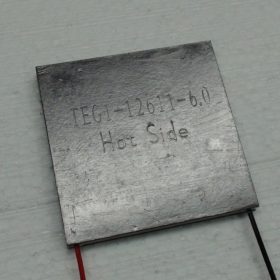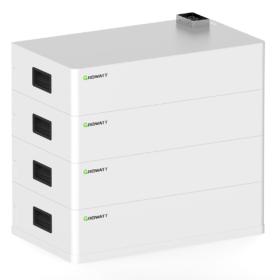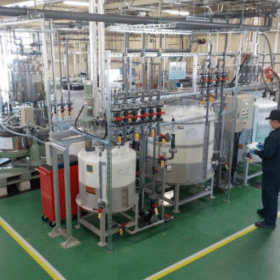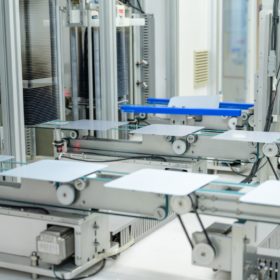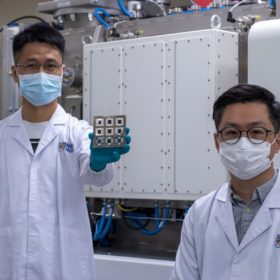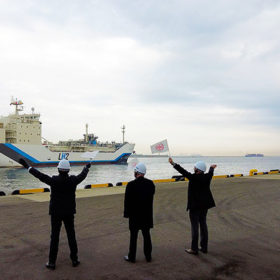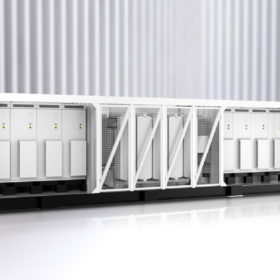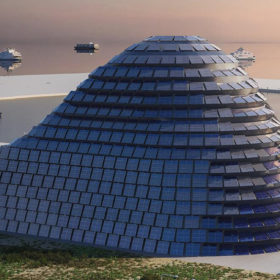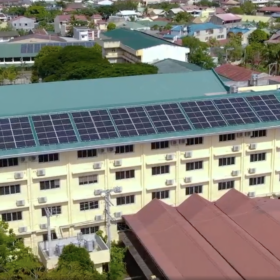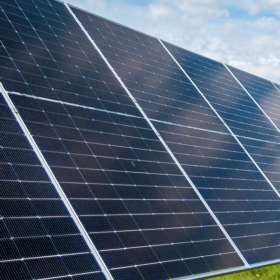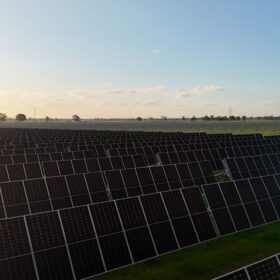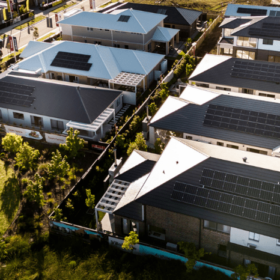India deal to drive Australian hydrogen startup H2X’s global expansion
Hydrogen vehicle and fuel cell startup H2X has partnered with Indian automotive parts manufacturer and developer Advik Hi-Tech in a deal which will see the Australian company’s products delivered into India and the wider international market.
Coupling photovoltaics with thermoelectric cooling
An international research team has investigated how solar could be combined with thermoelectric coolers (TECs), which are small solid-state heat pumps used either for heating or for cooling. A system was built with six solar panels, an air duct system, four batteries, a charge controller, TECs, an inverter, heat sinks, a test chamber, and condenser fans.
Growatt releases battery for off-grid solar
Growatt’s new AXE LV battery covers a wide range of capacities, from 5kWh to 400kWh, and can support off-grid systems with power outputs of 3kW to 30kW.
International partnership pushes Western Australian vanadium electrolyte plant toward reality
Western Australian vanadium explorer Technology Metals Australia and Japanese vanadium redox flow battery producer LE System have decided to tighten their relationship with an expanded Memorandum of Understanding that could see the construction of Australia’s first fully integrated vanadium electrolyte plant proximate to renewable energy hubs and major Australian population centres.
Chinese solar industry may reach 500 GW module capacity by year end
According to Asia Europe Clean Energy (Solar) Advisory (AECEA), this huge capacity may not be met by actual demand in the global market. Furthermore, the consultancy reveals that solar module prices should reach a price level of up to RMB 1.75 (US$028)/W by the second half of the year, and that in 2021 new PV additions totalled 53 GW with more than half of this capacity being delivered by distributed generation.
Researchers claim new efficiency record for solar cell technology
Researchers in Singapore claim to have set a new record for the power conversion efficiency of perovskite/organic tandem solar cells, paving the way for flexible, lightweight, low cost and ultra-thin PV cells.
Weekend read: Australia to make world’s-first liquefied hydrogen shipment to Japan
The Suiso Frontier cargo vessel docked at Victoria’s Port of Hastings on Friday to take on the world’s first shipment of liquid hydrogen. The ship’s arrival is a landmark for the Japanese-Australian Hydrogen Energy Supply Chain pilot project, which sees liquefied hydrogen generated from brown coal, and an engineering milestone in itself. But while the Australian government describes the product as “clean”, experts maintain that carbon capture and storage technology has proven only to be an expensive failure.
Sungrow presents new central inverter
Called the 1+X modular inverter, the new product can be deployed, by combining eight units, to reach a power of 8.8MW. It also features a DC/ESS interface for the connection of storage energy systems.
BIPV panels cover an entire building in Taiwan
The Sun Rock building is owned by Taiwan’s power utility Taipower. It was covered with 4,000 square meters of PV panels deployed by Dutch architectural firm MVRDV.
Aussie developer completes Philippines university installation as it moves into burgeoning market
The Philippines arm of Australian renewable developer Maoneng has completed a 202.4 kWp installation on the rooftop of the Wesleyan University Philippines.

